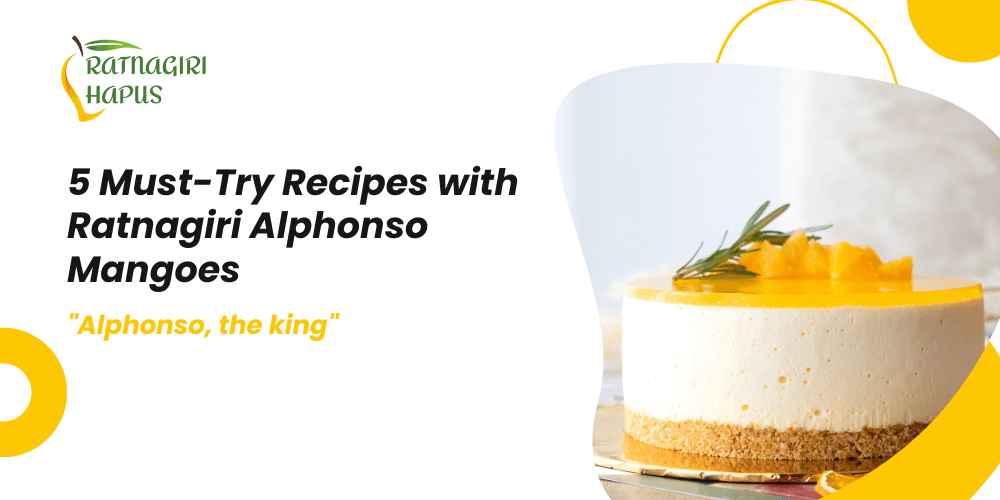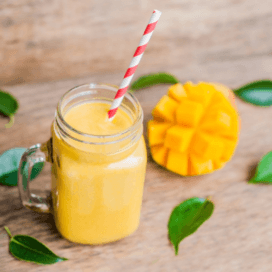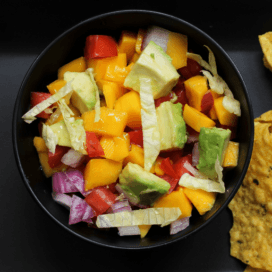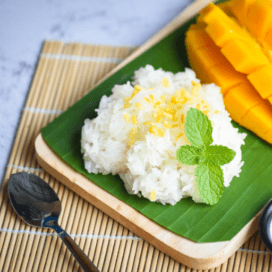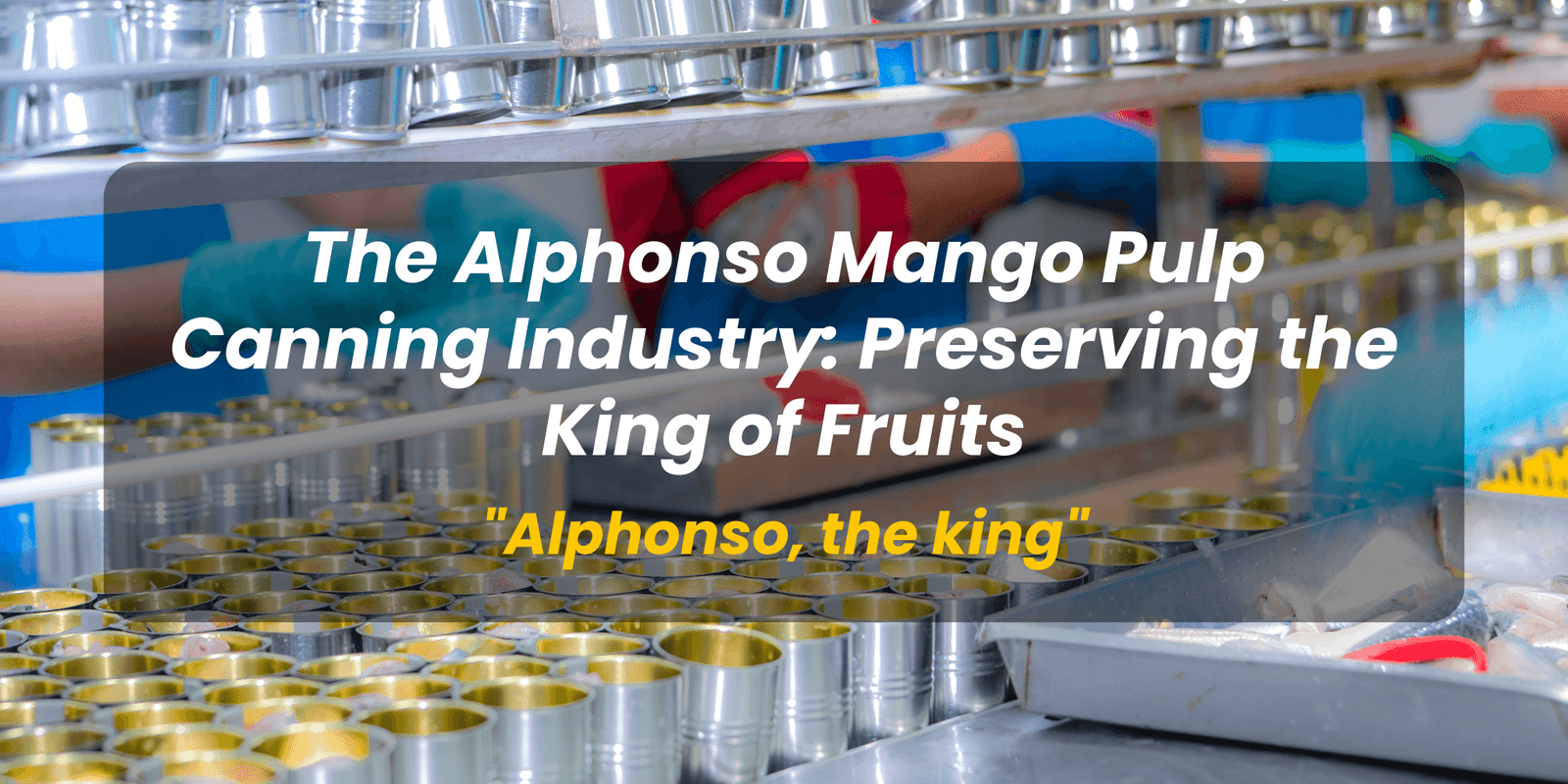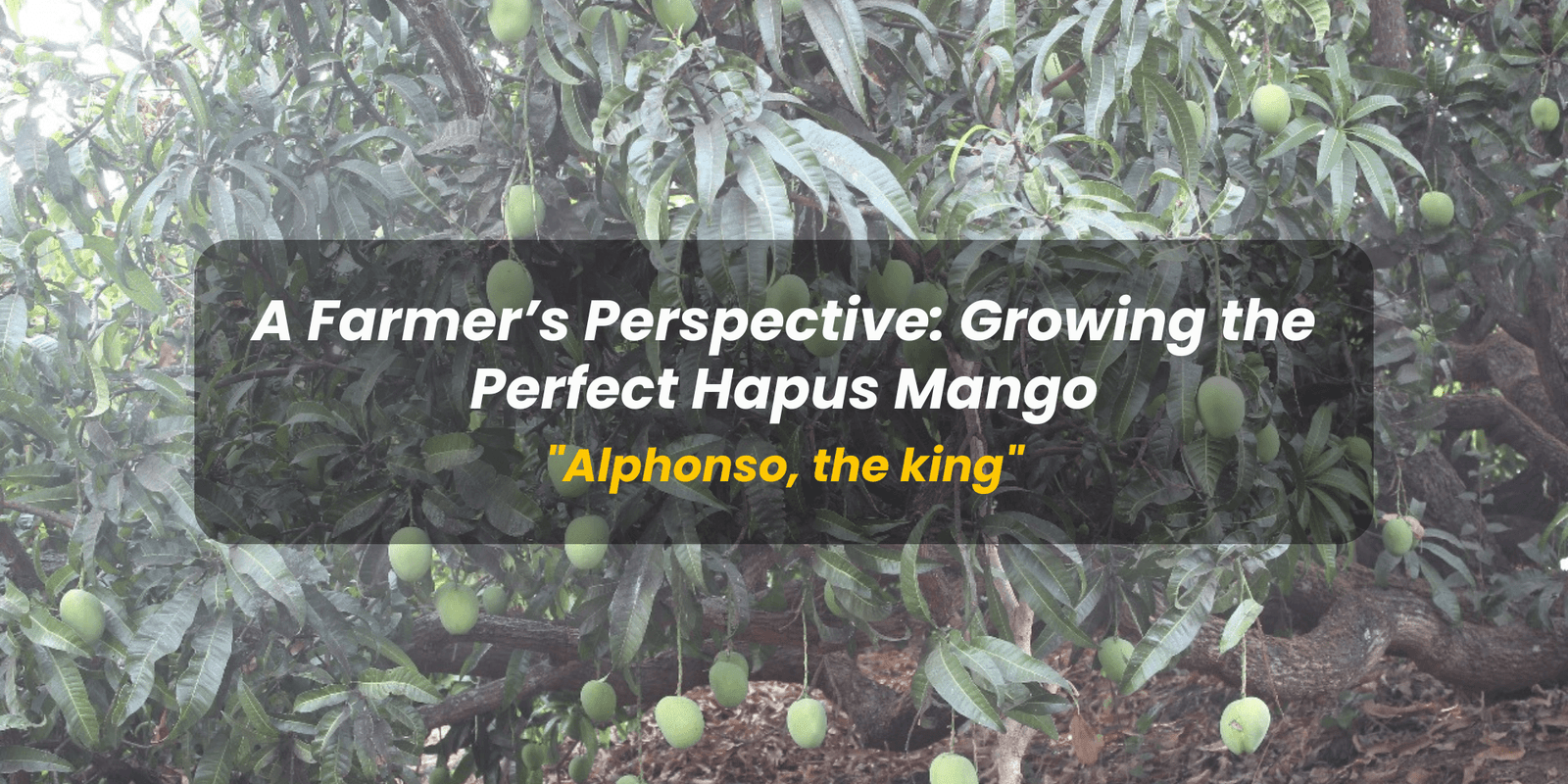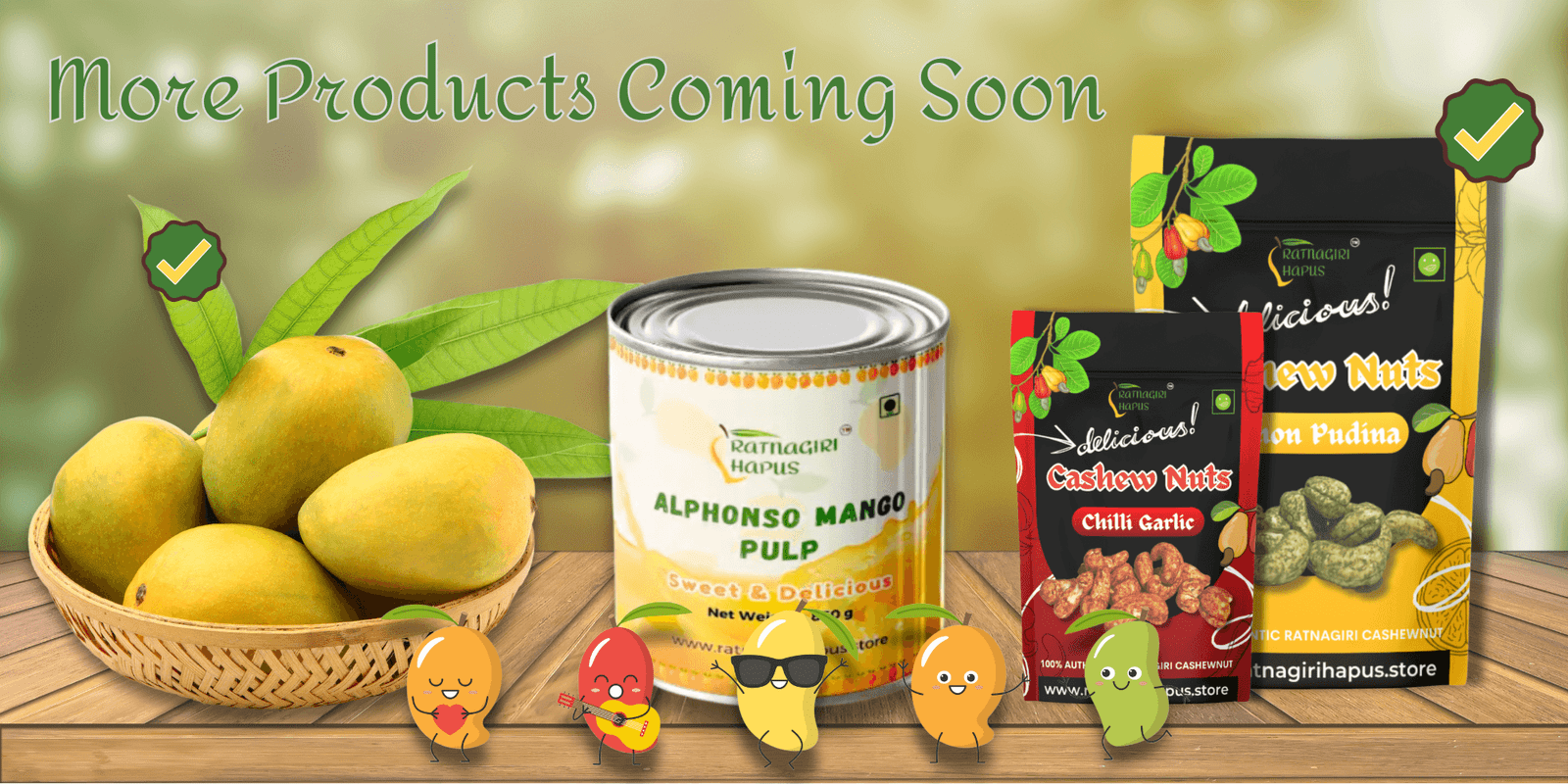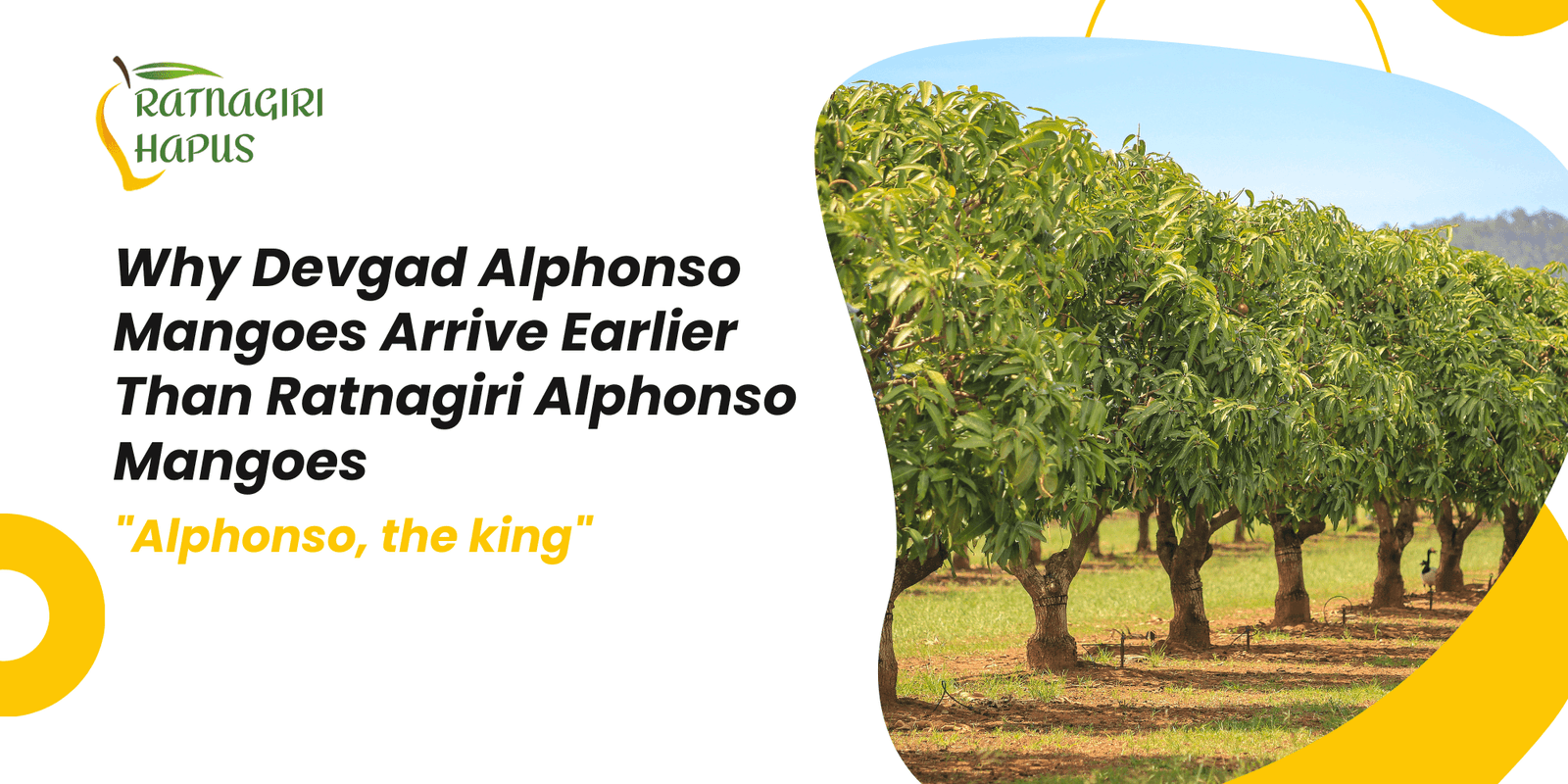Alphonso Mango Cheesecake A Tropical Delight for Dessert Lovers in 2025

Alphonso Mango Cheesecake is a fusion dessert that combines the creamy richness of traditional cheesecake with the tropical sweetness of Alphonso mangoes, often regarded as the “King of Mangoes.” This indulgent treat captures the essence of mango season, making it an ideal dessert for summer or special occasions.
Why Alphonso Mangoes?
Alphonso mangoes are known for their rich, sweet, and non-fibrous flesh, making them a perfect ingredient for desserts like cheesecakes. Their saffron-colored pulp adds vibrant color, while the natural sweetness complements the creamy texture of cheesecake. These mangoes, primarily grown in the Ratnagiri and Devgad regions of Maharashtra, India, are prized for their smooth, aromatic, and juicy characteristics, which elevate the flavor profile of any dish they are added to.
Ingredients for Alphonso Mango Cheesecake
Here’s a breakdown of what you’ll need:
- For the Crust:
- Graham crackers or digestive biscuits, crushed
- Melted butter
- Sugar (optional)
- For the Cheesecake Filling:
- Cream cheese (room temperature)
- Alphonso mango puree (fresh or canned)
- Sugar
- Vanilla extract
- Gelatin or agar-agar (optional for setting)
- Whipped cream (optional for a lighter texture)
- For the Mango Topping:
- Fresh Alphonso mango slices
- Extra mango puree for drizzling
Steps to Make Alphonso Mango Cheesecake
1. Prepare the Crust
Begin by crushing graham crackers or digestive biscuits and mixing them with melted butter. Press this mixture into the base of a springform pan, then chill it in the refrigerator while you prepare the filling.
2. Make the Cheesecake Filling
In a mixing bowl, beat the cream cheese until smooth. Add sugar and continue mixing until fully combined. Slowly fold in the Alphonso mango puree to infuse the filling with mango flavor. For a smoother texture, you can add whipped cream. If you prefer a firmer cheesecake, dissolve some gelatin or agar-agar in warm water and stir it into the mixture.
3. Assemble and Chill
Pour the mango cheesecake filling over the prepared crust. Smooth the top and refrigerate the cheesecake for at least 4-6 hours, or ideally overnight, to allow it to set.
4. Add Mango Topping
Before serving, add a layer of fresh Alphonso mango slices on top of the cheesecake, or drizzle additional mango puree for an extra burst of tropical flavor. This not only enhances the taste but also creates a visually stunning dessert.
Tips for the Perfect Alphonso Mango Cheesecake
- Fresh or Canned Alphonso Mangoes: If fresh Alphonso mangoes are in season, use them for the best flavor. However, canned Alphonso mango puree is a great alternative during the off-season.
- Gelatin for Setting: If you prefer a no-bake cheesecake, use gelatin or agar-agar to ensure the filling sets perfectly without baking.
- Garnish: Fresh mango slices, mint leaves, or even a sprinkle of pistachios can add a decorative and flavorful touch to the cheesecake.
Serving Suggestions
Serve Alphonso Mango Cheesecake chilled, alongside a mango sorbet or fresh fruit salad to amplify the tropical flavors. You can also experiment by creating mini cheesecakes in individual servings, perfect for parties or gatherings. This dessert pairs beautifully with a light, tropical drink, like a mango lassi or a coconut mocktail, making for a refreshing summer experience.
Conclusion
Alphonso Mango Cheesecake is a delicious way to enjoy the rich, creamy texture of cheesecake with the tropical sweetness of fresh mangoes. This fusion dessert is sure to be a crowd-pleaser at any event or gathering, delivering a burst of fruity flavor in every bite. Whether you’re a cheesecake aficionado or simply a mango lover, this dessert offers the best of both worlds.
So, next time mangoes are in season, treat yourself to the luxurious taste of an Alphonso Mango Cheesecake and transport your taste buds to a tropical paradise.



